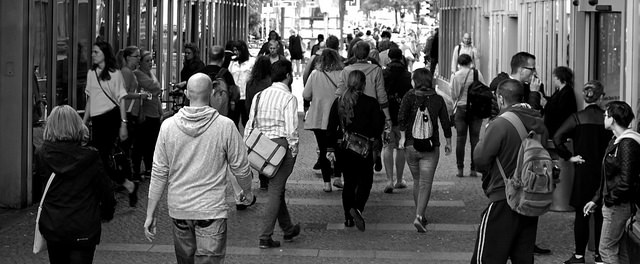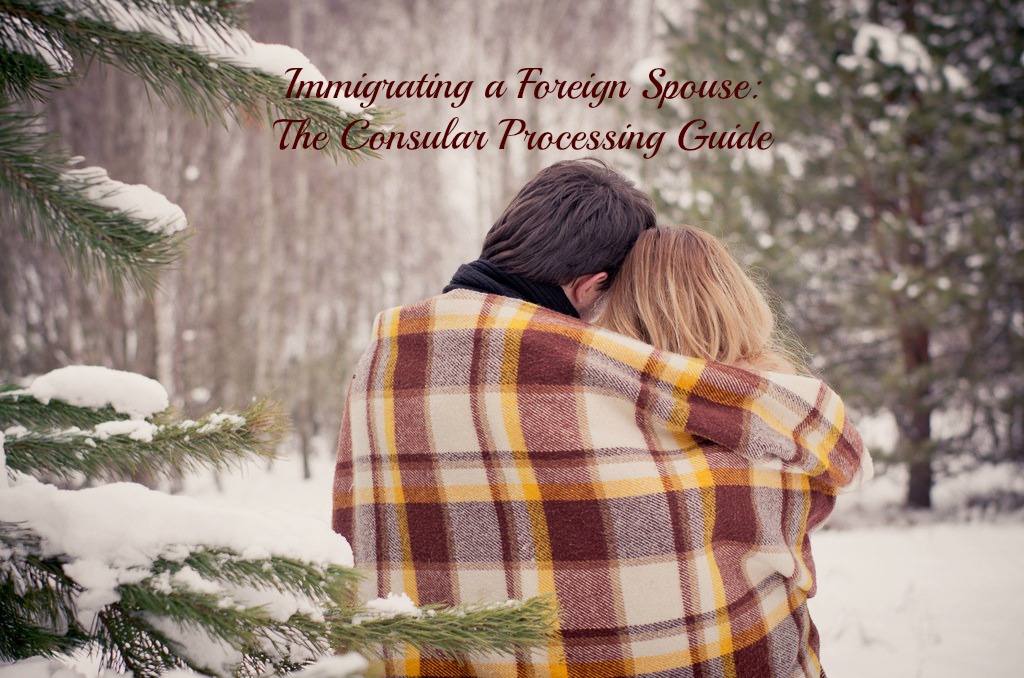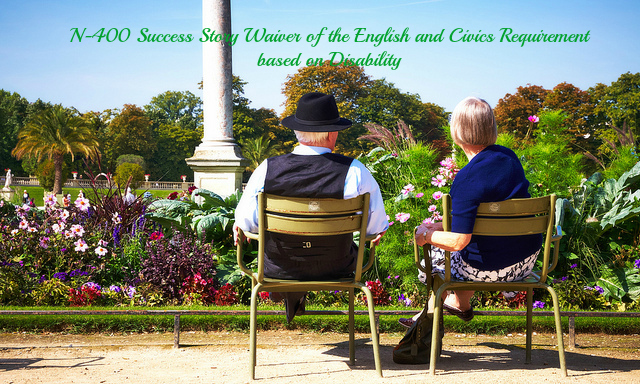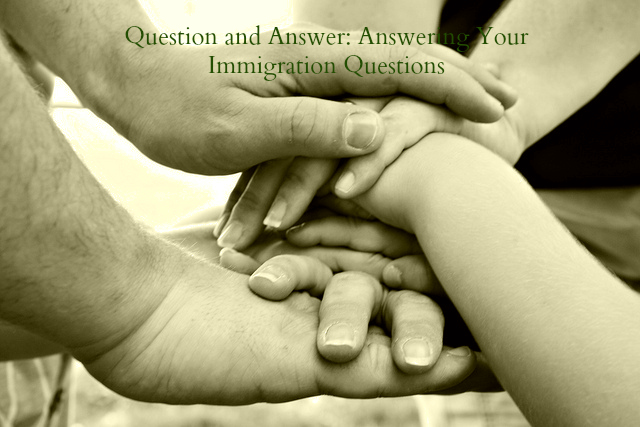
Now is a good time to file your green card application. Significant wait times are expected given a new policy passed by the Trump administration that will require in-person interviews for LPR applicants filing based on employment sponsorship
In yet another controversial move, the Trump administration has recently adopted a new policy change that will require an in-person interview for individuals wishing to obtain lawful permanent residency based on employment sponsorship. The new policy will be implemented beginning October 1st.
Previously, foreign nationals applying for permanent residency, based on employment sponsorship, were not required to attend an in-person interview, although this allowance was discretionary. In recent years, the in-person interview requirement was typically reserved for individuals applying for permanent residency based on a qualifying familial relationship, and not for individuals applying based on employment sponsorship.
A USCIS spokesperson announced the new policy change on Friday August 25th, a change that will delay the process of obtaining a green card significantly, given the increased number of individuals that will be required to attend an in-person interview. According to USCIS this change in policy will apply to any individual adjusting their status to legal permanent residency from an employment-based visa category.
What’s more, family members of refugees or asylees, holding a valid U.S. visa, will also be required to attend an in-person interview when applying for provisional status.
 Visa Lawyer Blog
Visa Lawyer Blog





